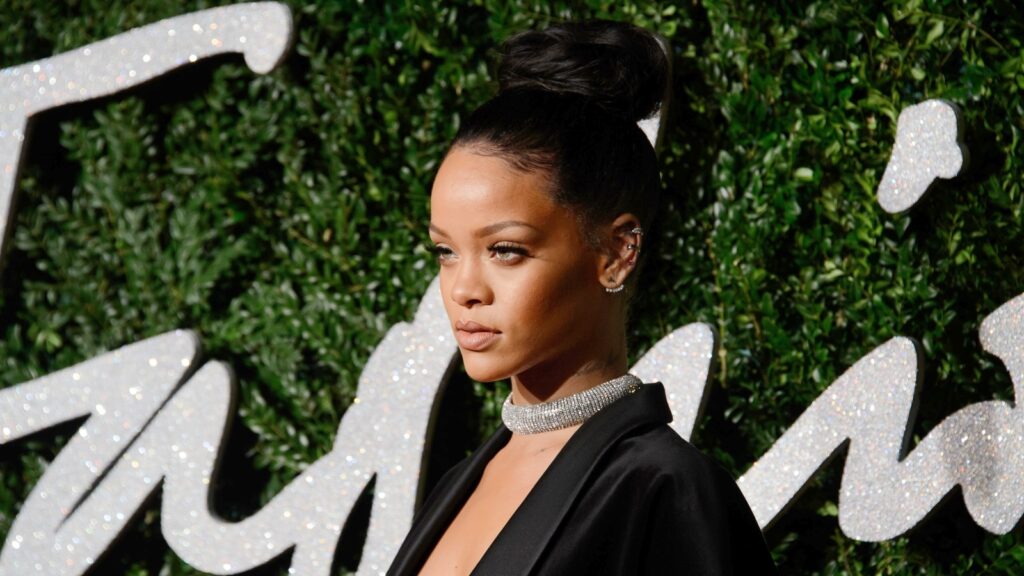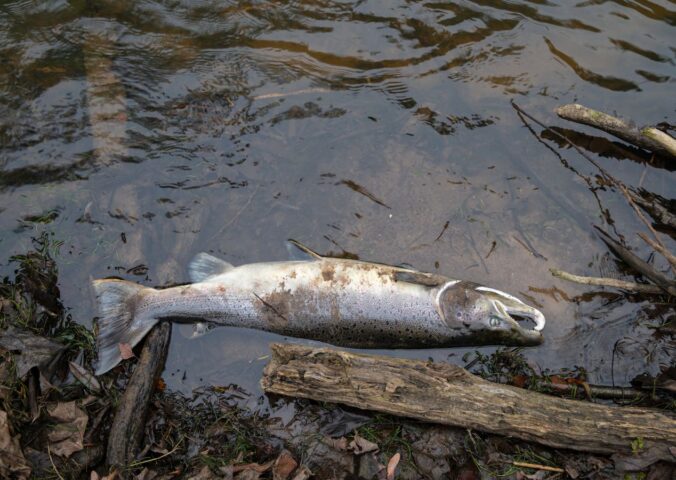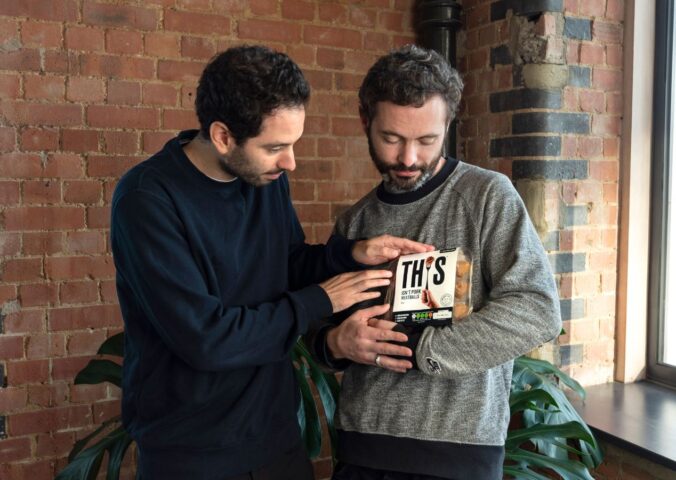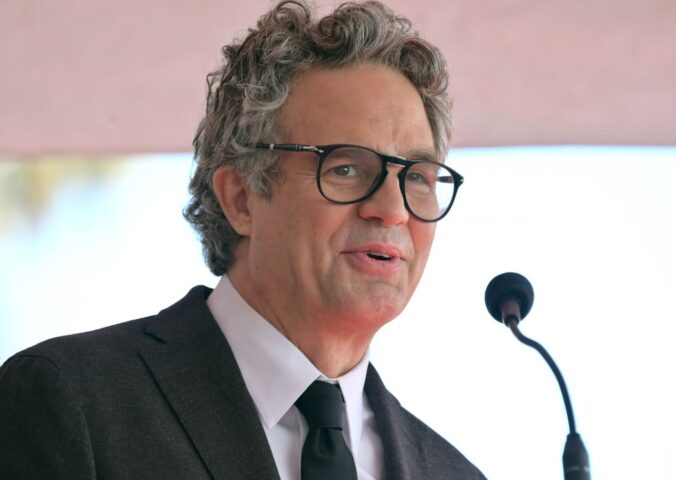Rihanna, musician and founder of The Clara Lionel Foundation (CLF), has donated $15 million in grants to support communities disproportionately affected by the climate crisis.
Her foundation said the funding will be distributed between 18 organizations working on climate justice. They span across seven nations in the Caribbean and the United States.
The donation was made in partnership with #StarSmall, a philanthropic initiative run by former Twitter CEO Jack Dorsey.
Organizations to benefit from the funding include the Black Feminist Fund, Climate Justice Alliance, The Caribbean Youth Environment Network, and Movement for Black Lives.
Climate change affects communities differently
In a statement, Barbados-born Rihanna said: “Climate disasters, which are growing in frequency and intensity, do not impact all communities equally, with communities of color and island nations facing the brunt of climate change.”
Climate and weather-related disasters surged five-fold over 50 years from 1970-2019, disproportionately impacting poorer countries, according to the United Nations.
Further, research finds that Black, Indigenous, and People of Color (BIPOC) often face greater environmental hazards than white people.
A 2018 study by scientists from the Environmental Protection Agency found that on average, non-white communities face a 28 percent higher health burden compared to the general population. In this case, due to living in close proximity to facilities generating emissions, like soot.
And Black Americans face a 54 percent higher health burden than the overall population for the same reason, according to the study.
Rihanna’s foundation
The CLF was founded in 2012 by Robyn “Rihanna” Fenty in honor of her grandparents, Clara and Lionel Braithwaite. The organization works to elevate climate resilience and justice initiatives in the Caribbean and the United States.
CLF executive director, Justine Lucas said: “CLF believes strongly that funders must build relationships with organizations and acknowledge their deep understanding of what is necessary to achieve climate justice in their own communities.”






